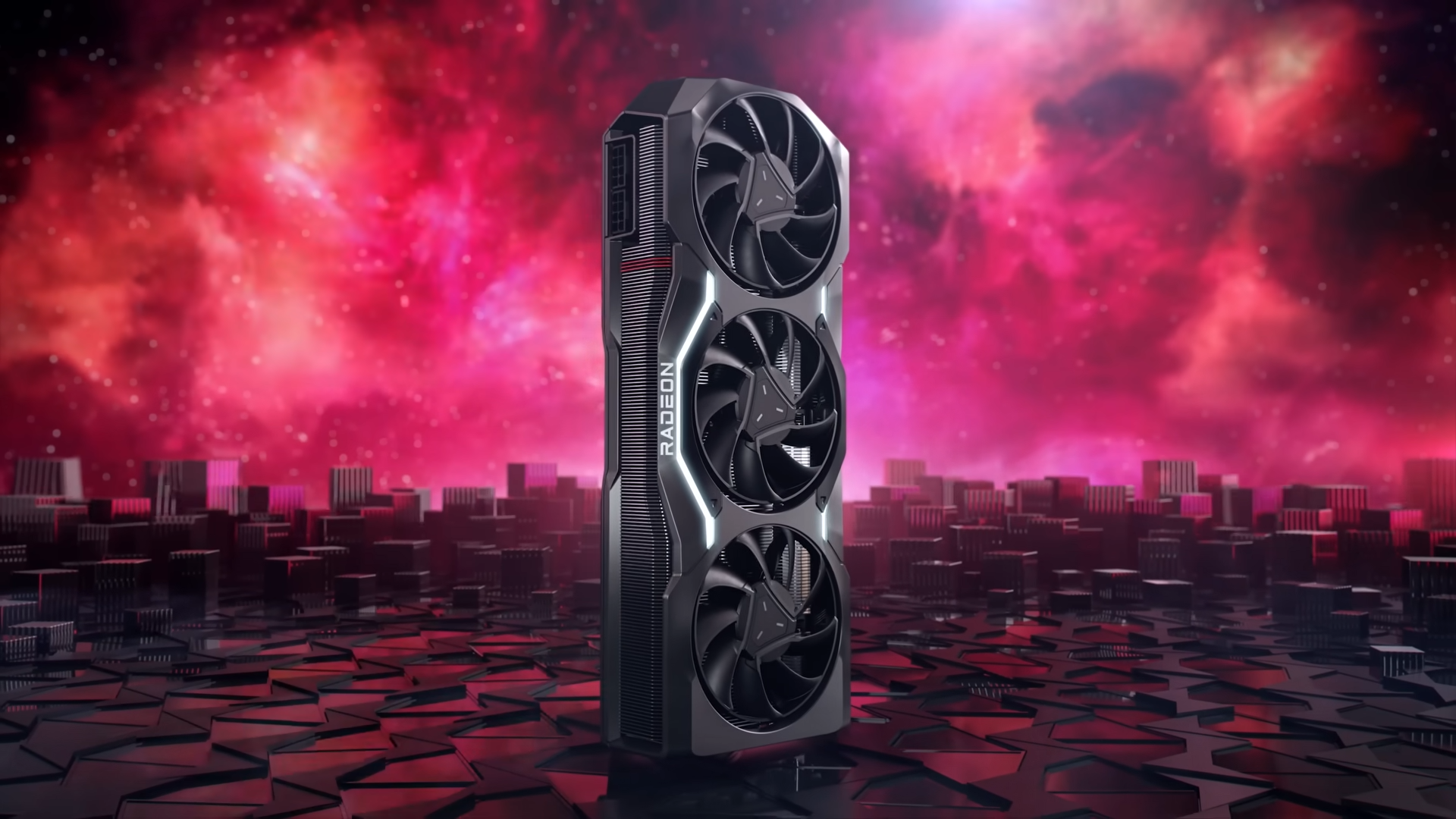
Following pushes from the community to do so— particularly from George Hotz' Tiny Corp— AMD has finally started open sourcing some of their GPU software stack and documentation, including open-sourcing their MES (Micro-Engine Scheduler). Open-sourcing of the MES was one of the things that Tiny Corp predicted AMD would do last month, though they seemed to have predicted a turnaround time well sooner than the one we actually got. As-is, we're still waiting for the full release— this is just AMD announcing their intent to do it.
For those unfamiliar with Tiny Corp, the important thing to know is that they're responsible for building "TinyBox", which is their design for an AI-powered server using AMD hardware. While the TinyBox indeed shows the potential power of AMD's raw GPU compute, deeper issues seemed to force Tiny Corp to make an Nvidia version, as well, citing that the AMD machine simply doesn't work as intended.
The ongoing updates to AMD's ROCm platform alongside this news should hopefully mean that the AMD TinyBox is competitive as an AI solution against Nvidia sooner rather than later. Since MES was the most important thing that needed to be open-sourced according to TinyCorp, the resultant bug fixes may be just enough to make the AMD TinyBox (and AMD AI hardware in general) look more competitive against Team Green. As it stands, it seems like nearly everybody is hoping to undercut Nvidia's dominant position in AI hardware and pro workloads.
According to the original AMD Twitter post, the MES documentation and source code release is slated for the end of May, and will include a GitHub tracker for easy collaboration with the community.
At the time of this writing, TinyCorp and George Hotz have yet to make any kind of official comment on this announcement from AMD, but most recently highlighted their "TinyBox green" and "TinyBox red" kits for pre-order, emphasizing that the AMD box achieves the same compute for $10K cheaper but expertise will be needed to get it working. The phrasing used is "Make AMD great, with or without their help"— fortunately, it seems like AMD will be helping after all.







